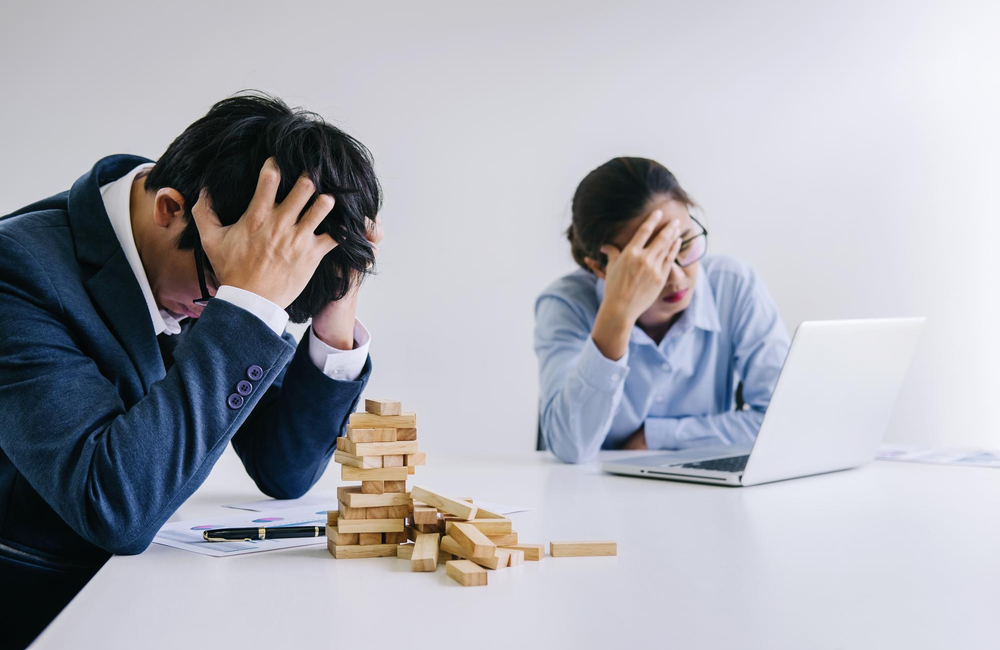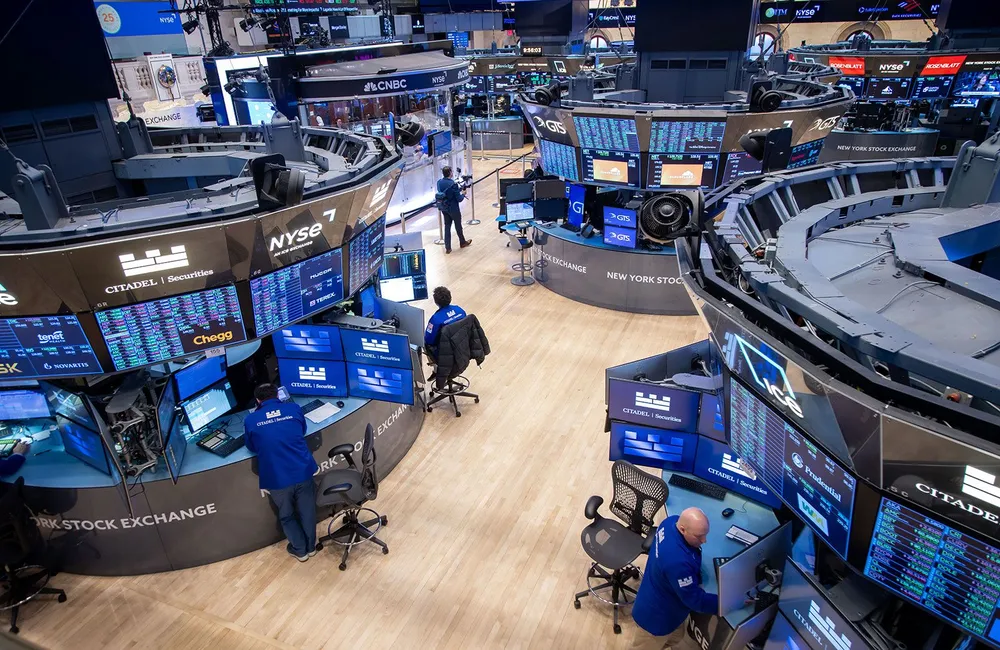But there is a wider lesson to be had for investors: In autocratic countries, like Russia, normal rules of picking stocks and bonds valuation or the fundamental outlook of a company or country can become moot overnight.
Sure, investors can get wealthy for a time, but when it comes down to it, it’s all about the rules established by the person in charge of the country. And often that means they are writing the rules for their own ends to stay in power, to enrich themselves and their cronies, or both.
One could have missed the risks of investing in Russia. It’s a nation that is a small fraction of most diversified investors’ portfolio. That’s a different story for a country like China. Many funds and stocks have significant direct or indirect exposure to the country, and observers who had sounded alarms about Russia are urging investors to be equally investigative about China.
“It’s always been that China has been this incredibly lucrative emerging market to invest in, but there’s been so little discussion of the regime,” says Jon Hale, director of sustainability research for the America.
The question facing investors head-on is whether “it is really sustainable long term to be investing in these kinds of countries,” Hale says. It’s “a systemic risk that we’re all contributing to and that we should be paying more attention to.”
And the reality is that, over more than the last decade, investors would have done better keeping their money at home than transferring it to Russia or China.
Geopolitical risk, rule of law
One way to think about these questions is to frame them through the lens of the two risks of investing in autocracies: geopolitical risks and rule of law.
Russia’s assault on Ukraine is an extreme example of the geopolitical risks of investing in autocratic countries. The risk that is more within reach of investors is rule of law.
Rule of law should be foremost on the minds of investors, according to Bill Browder, the legendary hedge fund manager who built his fortune in Russia, only to be deported there after tangling with oligarchs, and whose Russian lawyer was detained in Moscow, abused by authorities and died in prison.
“You can do whatever analysis you want on an industry, on the economics, on the management team, and all of a sudden somebody comes along and rips you off, and you have no recourse in the courts, you have no recourse in the media and generally if they’re not rule-of-law countries you have no recourse with the regulators,” he says. “It’s flying by the seat of your pants, hoping you’re in the good graces of whoever is in charge.”
Browder says he's heard plenty of reasons and methods for investing in countries such as Russia. In fact, investors would be best advised to avoid strategic industries like oil and gas which will likely be closely tied to the power structure and corrupt officials. “Yes, one can invest in nonstrategic industries, but generally the only things that aren’t strategic are money-losing,” he says.
Who's lying?
And there’s the opacity of autocratic or authoritarian regimes.
A lot of mutual fund companies and professional investors have their own takes on "boots on the ground" research as part of their stock or bond research. But take a look at BlackRock’s emerging-markets team. As analyst Samuel Lo wrote, “The team behind the Silver-rated BlackRock Emerging Markets (MADCX) fund thought the chances of warfare were low after several of its members visited Russia in late January as the country amassed more than 150,000 troops at the border with its neighbour. The population was not appearing to be primed for a full-scale invasion and other factors, including cheap valuations, argued for holding the strategy’s long positions in Russia, the team said on Feb. 16.”
However, many observers did not expect Russia to invade Ukraine. And it’s not as if a mutual fund manager could approach someone in power and ask, Was Russia going to invade Ukraine, and receive a response. But Browser says this is a broader point.
“In America when officials or company managers say something to you, they tell you the truth,” Browder says. “They might not tell you everything, they might withhold information, but they will tell you the truth. Absent in the West and in the West-like places [company managers and officials] lie and there is no shame in lying. They’ll say, ‘We have no intention of defaulting’ and default the next morning.”
Combine all of this, Browder adds, and investors mistakenly believe they can come to these markets like they would a market that operates on investor-friendly principles. “This is somebody who says, ‘All right, I’ve done my work, I’ve read Barron’s and Gazprom is trading at two or three times earnings.”
Comparisons have been made between Vladimir Putin’s ambitions for Ukraine and China’s decades long claims over Taiwan. China has also cracked down on freedoms in Hong Kong and persecuted its Uyghur population. But China doesn’t need to go all the way to invading Taiwan to demonstrate to investors the kinds of risks involved in investing in the country.
Consistent with that, in the summer the Chinese government went about cracking down on internet companies, hitting most of the biggest names systems owned by most emerging markets and China stock funds, including Alibaba (BABA) and Tencent (TCEHY). In the past year, Alibaba has shrunk almost 60% in value and Tencent more than 40%. Chinese regulators similarly targeted private education companies. TAL Education (TAL) was among the targets of the Chinese government, and its shares have lost about 97% of their value over the last year.
The moves, combined with increased tensions between the US and China on issues like corporate disclosure policies for publicly traded stocks, crushed US investors in Chinese equities.
“The largest risk, from an investment perspective, is not Russia that represents 3% of most benchmark indices, but rather China, over 30% of most EM (emerging markets) indices,” as Perth Tolle, manager of the Freedom 100 Emerging Markets ETF (FRDM), told Leslie Norton recently. That is a massive concentration risk.
As Browder puts it: “Just because it’s a large economy that has grown does not mean that they’re going to treat foreign investors well as they become more and more nationalistic.”
Hidden risks
Even where investors do not have direct exposure to autocratic nations, they may be supporting hidden risks wherever companies based elsewhere in the world are doing business in countries without rule of law. Energy and other natural-resources firms are perhaps the most frequent example, says Shin Furuya, an impact investment strategist at Domini Impact Investments. “Some European or Asian energy company might be on the ground in Sudan, or whatever the case may be with Myanmar,” he adds.
Energy and natural-resources companies often have to partner with state-owned enterprises an arrangement that makes it incredibly difficult to disentangle from a government that may shadow the line of war, human rights abuses or have even a fairly significant level of outright corruption.
Risk vs reward
For all those risks, the returns from Russia and China have not been much to write home about in the past decade. Before Russia’s financial markets closed, the RTS Index had delivered an average 4.2% a year over 10 years, the S&P/BNY Mellon China Select Index 1.9% a year, and the Hang Seng Index minus 0.24% a year. Meanwhile, over the past decade the US Market Index had a 14.9% average return.
Markets, particularly in China, have areas of outperformance, but are plagued by large drawdowns when politics intervenes, Browder says. “If you’re a trader, you can find the spots when the markets are completely bombed out, and then you trade your way out. But over the long term … there’s just as much of a chance that you’re going to be losing money as making money.”
An awareness of regime risk may be seeping into investors, given that they’ve been burned in Russia and China. It could extend to countries like Turkey and Hungary. “I think it’s going to be taken more seriously than it has been over the last couple of decades,” he says.





















